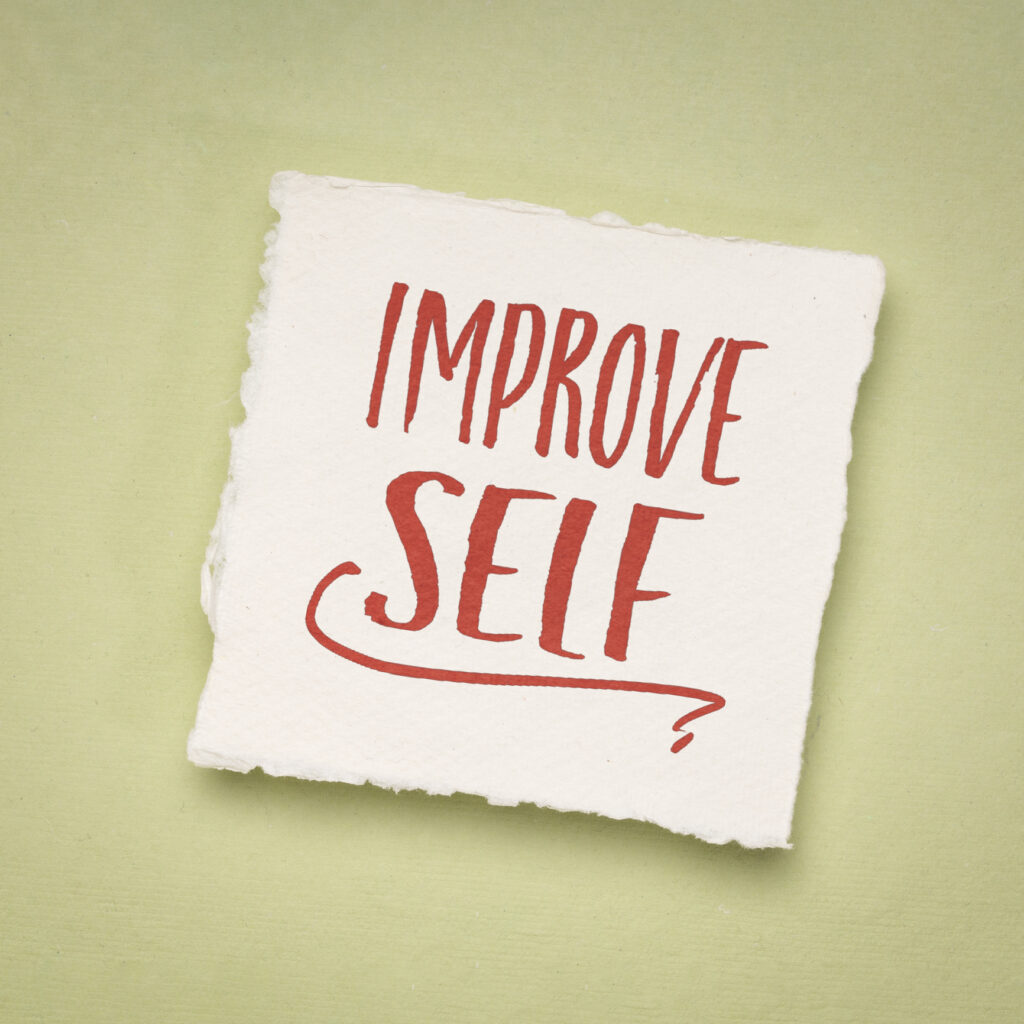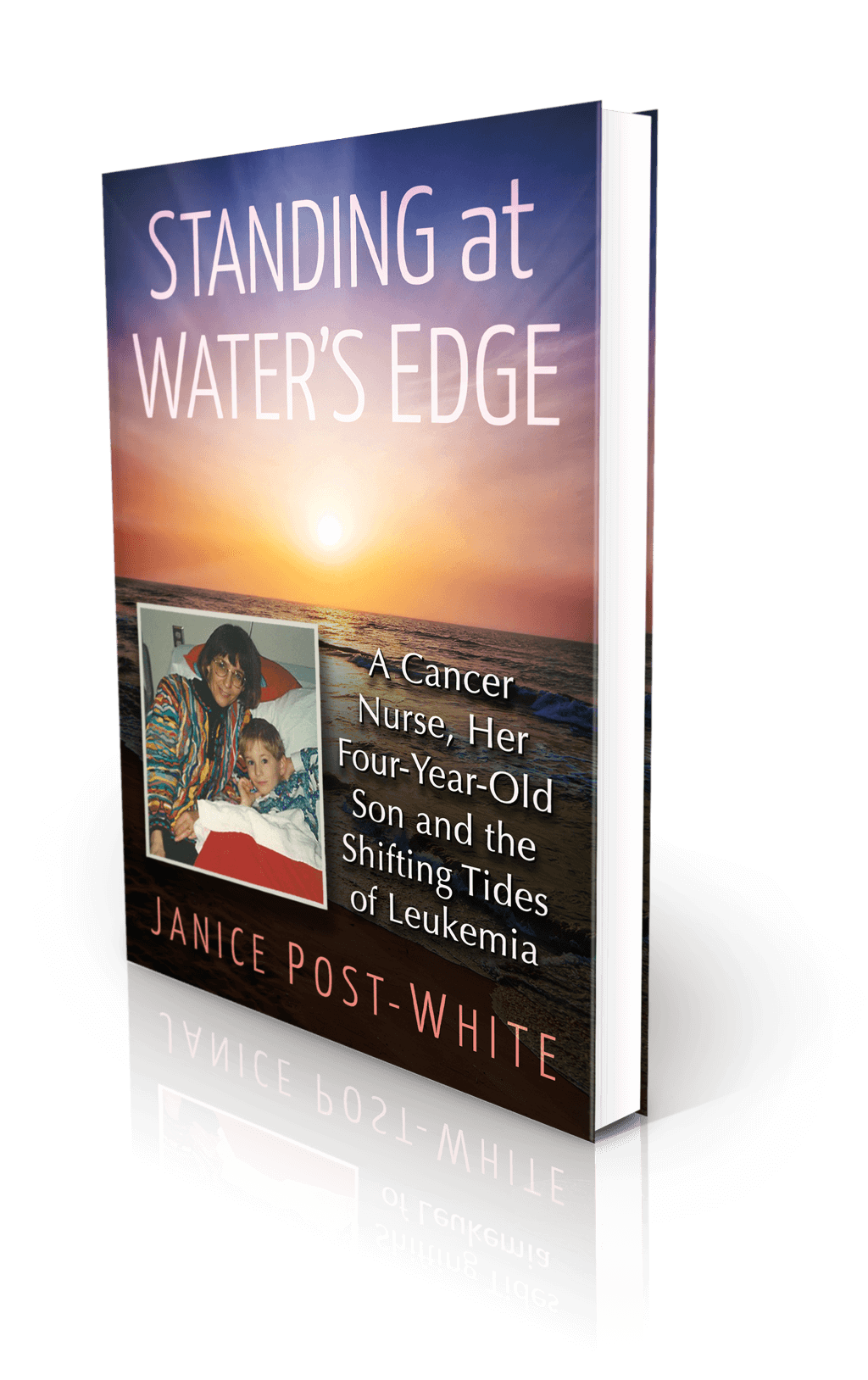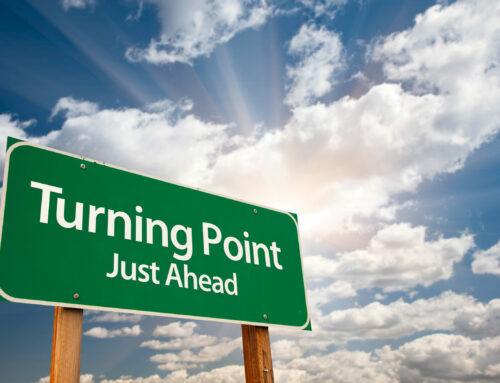
Did you make New Year’s resolutions? Here’s one way to empower yourself to reach your goals.
Resolutions and Intentions
I wrote in my January newsletter that I don’t make New Year’s resolutions, but I do set intentions. And then I wondered what the difference was and why resolutions didn’t work for me. Somewhere over the years, I stopped making resolutions to get more exercise and eat healthier and set self-imposed deadlines for work and writing projects. The goals felt more like something I should do or would do anyway, without a specific outcome, rather than what I wanted to work on. Instead, I started setting intentions for my emotional well-being and spiritual growth and that of my children. Each November or December (which also coincided with my birthday solar return), I would sit on the beach in Hawaii and reflect on what I most wanted to work on for the coming year that would make me a better, more compassionate and loving person and mother. I wrote down my intentions and reflected on them throughout the year (usually back on the beach), but I did not expect to “achieve” them, and January was way too early to evaluate any progress. So, is it too early to ask how your January resolutions or intentions are going?
It’s now February and I haven’t yet set any intentions for the year (although I did intend to get my monthly blog out on time—in January). Given my ever-changing health circumstances, I can’t predict what tomorrow will bring, much less set goals for achieving outcomes over a year or even a month. I am living day to day, having spent much of the last two months flat on my back in bed with a fractured vertebra. Pain interfered with my ability to think and focus, and interrupted sleep zapped any energy and motivation for working on emotional growth. Chronic illness requires flexibility and adaptability, which is why intentions suit me better than resolutions.
A resolution tends to be black or white—either you achieve it, or you don’t. A resolution focuses on a problem (or a goal) with a commitment to a future outcome (make January dry, get a work-from-home job, write that book). Intentions are commitments, too, but are grounded in the present and focused on the process and purpose (find new nonalcoholic drinks to enjoy, explore WFH motivations and options, try new routines that help me write every day). I think of resolutions as concrete, measurable goals (we need those, too) and intentions as a mindset—an awareness of our motivations and a reminder to work on improving in some desired way.
A mindset isn’t measurable, but the way we think about or perceive something can become ingrained in our psyche when practiced often enough, and it may lead to a desired outcome. (When kids put consistent effort into schoolwork, they often get better grades. Setting aside specific times to write usually results in more writing. When I practice being mindful in the moment, I am less stressed about my expectations. When I listen attentively, my companion feels understood and supported and we both feel better about our interaction).
The difference between a resolution and an intention is in the expectation and how we feel in response. When a resolution isn’t achieved, we tend to criticize ourselves (I’m not strong or good enough, I just don’t have enough willpower). Of course, setting realistic and achievable goals is part of a “success” strategy. With an intention, however, we allow ourselves room to grow (I’ll continue to work on being more attentive, try a new approach, accept my limitations). Unmet resolutions are disheartening; intentions are empowering.
Although failure can energize us determined folks at times (I can do this, I’ll prove it to myself), success and reward tend to be more motivating. It’s easier to feel successful if you are improving and the outcome is measured in progress instead of pass/fail.
External and Internal Motivators
What motivates you to work harder, be better, and strive to meet resolutions or intentions? Typically, we are motivated by both external rewards (or threats!) and internal satisfaction/dissatisfaction with ourselves or our performance, although one may carry more weight than the other, depending on our personality and circumstances. For example, getting paid for creating a new product or reaching a work goal may be deemed more valuable than a self-congratulatory pat on the back. (Were you paid for good grades as a kid?) Conversely, the self-satisfaction of overcoming an obstacle or achieving a personal goal with hard work and perseverance may feel more rewarding and meaningful than if someone else acknowledges your effort. Under what situations or circumstances does feedback from others motivate you, and when do you rely on yourself for inspiring your effort and progress?
I just read Stephen King’s book, Misery, in which the main character, a novelist, is forced by his caregiver captor (his “number one fan”) to crank out an unplanned sequel to his 8-book romance series when the captor demands that he bring his Misery character back to life (Misery dies in the last episode/book). The physical and mental obstacles the novelist faces after suffering severe injuries in a car accident seem insurmountable. He is forced to sit in a wheelchair with his legs straight and type a completely new novel (on a manual typewriter, nonetheless), but the external consequences of not writing a ‘more satisfactory’ sequel were powerful motivators for the novelist.
Over several months, he ultimately internalizes the desire to complete this new novel and realizes that he wants to finish it. He has a story to tell and writing it is keeping him alive. Both internal and external factors spurred him on, but he never would have started to write without the external threats.
Unlike Paul, the novelist in Misery, no one is threatening my life if I don’t write. I have only internal motivations—writing allows for creative expression, which brings me joy and gives my life purpose and meaning. This is especially important when I can’t travel or go on walks outside. As a nonfiction writer, putting thoughts onto paper (and then the screen) helps me make sense of my limitations and gives me insights into new ways of adapting. But I also hope that my writing helps others in some way, and feedback from readers provides motivation to share my experiences and insights. I write to discover and to inspire.

istock image by marekuliasz
2023 Progress
What is motivating you to work toward your 2023 goals and intentions? How are you feeling about your January progress? It’s not too late to modify the outcomes you expected or reshape your resolutions as intentions, anticipating improvement rather than a finite, time-determined outcome.
Several people I know resolved to make January dry (forgo alcohol for the month). At least one achieved their goal, but others lapsed for various reasons. One writing colleague justified her lapse without chastising herself (imbibing was a conscious decision to “break” her resolution temporarily and she went back to dry January after the stressful time). In her essay in Newsweek, she wrote that it was important to push herself out of her comfort zone, but she also learned about her limits and the risks she was willing to take. She gained personal insight in the process of being flexible.
Writers often refer to their current writing project (usually a book) as their work-in-progress (WIP). I view everything in life as a work in process/progress (WIP), including ourselves! In the process of setting intentions and goals, we become aware of what’s meaningful and important. As we adapt and adjust our expectations and our strategies, we gain insight and grow in some desired way. We—and our work—are always evolving. Intention is paying attention.
What will you be paying attention to in February?
Congratulations on the effort you invested in January and all the best for continuing to improve and grow in some way through the coming year.
~ Namaste

About the Book
Janice Post-White’s memoir is a story about a cancer nurse who thought she knew what life and death were about.
Then her 4-year-old son got leukemia.
This heart-wrenchingly real but inspiring book shines a light on the life-affirming discoveries that can be made when one is forced to face death—and bravely chooses to face fears.
ON SALE DECEMBER 3, 2021
2022 First Place Award from the American Journal of Nursing Book of the Year in the category of Consumer Health and Third Place in Creative Works
Finalist in Health/Cancer from the American Book Fest Best Book Awards, the International Book Awards, and the Eric Hoffer Book Awards



